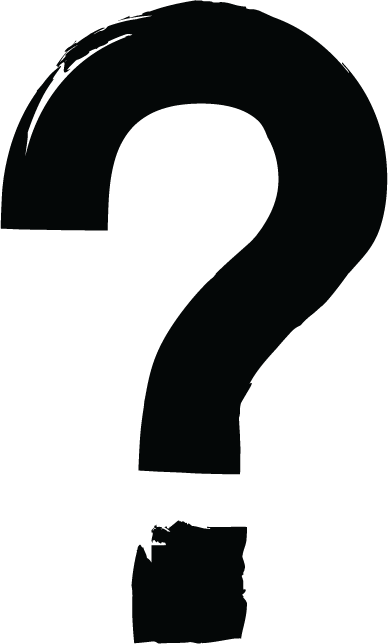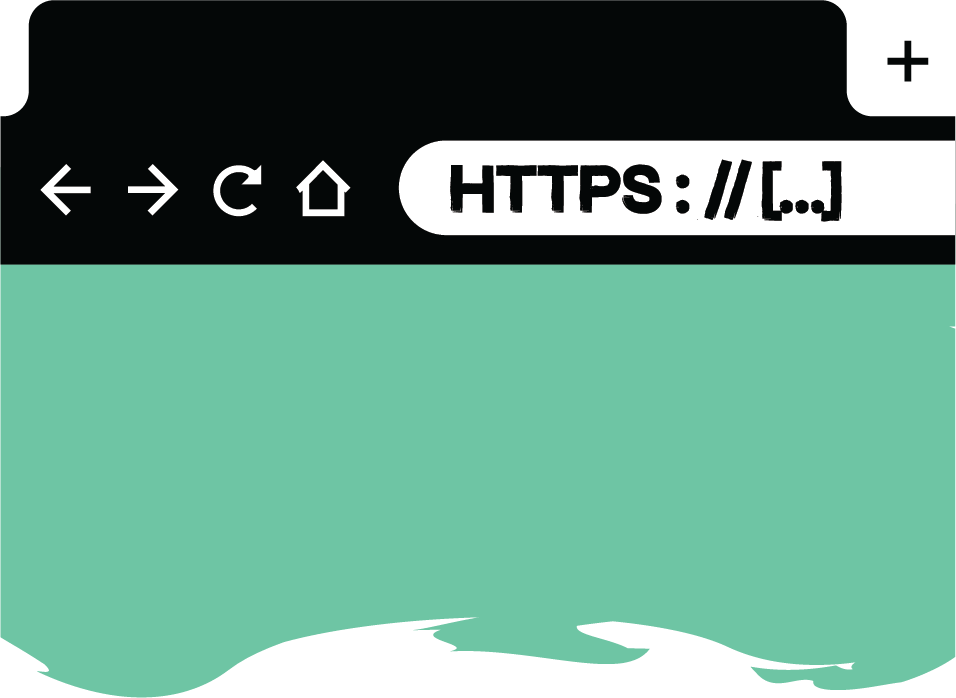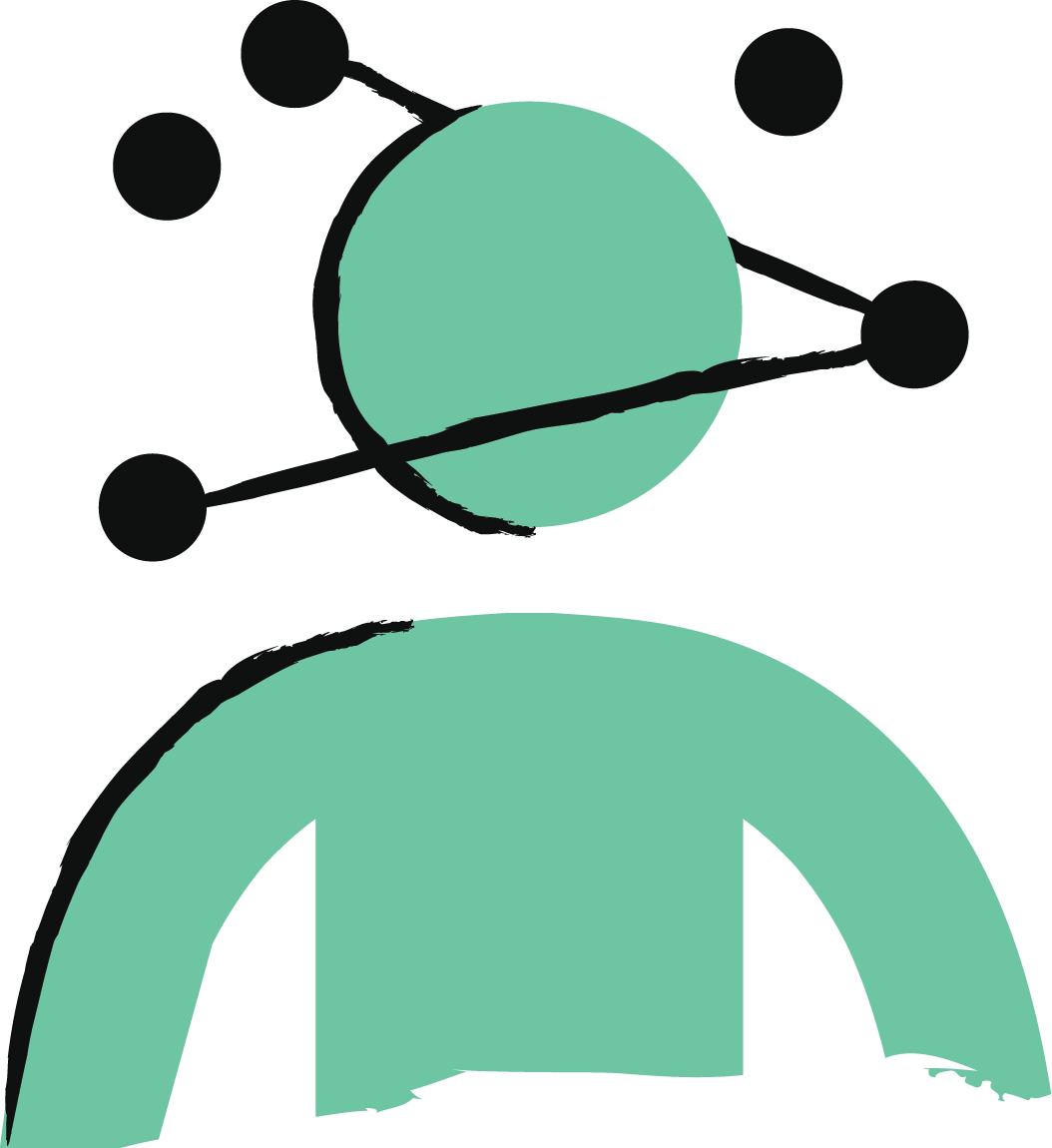HOW CAN I
FACT CHECK?
Fact-checking is an important skill to have in today's information-driven world. Fake news and misinformation on social media platforms are wreaking havoc to society and democracy all around the world. While apps like WhatsApp are slowly realizing how their platform is being used for spreading misinformation, it’s now more important than ever for us to acknowledge the problem of fake news that runs deep in our society. In such a scenario, one must remain vigilant and counter misleading users with facts and proper sources.
What Can I Do?
Verify the source by checking if the information comes from a reliable source. Look for reputable news organizations, government agencies, and academic institutions.
Cross-reference the information with other sources to see if they agree. If multiple sources are reporting the same thing, it's more likely to be true.
Check for evidence that supports the claims being made. This could be in the form of statistics, quotes from experts, or other supporting documentation.
Check the date — Make sure the information is current and not outdated. Old information may no longer be relevant or accurate.
Check the context: Ensure that the information is being presented in the proper context. Sometimes information can be misleading if it's taken out of context.
Beware of bias and be aware of bias in the information you're fact-checking. Bias can skew the information being presented.

Websites Dedicated to This Purpose
Another important thing is to know that there are many websites dedicated to fact-checking information. Use them to verify claims that seem suspicious or too good to be true.
Government websites: Government websites can be reliable sources of information on topics such as public health, science, and policy. For example, the Centers for Disease Control and Prevention (CDC) provides information on health-related topics, while the National Institutes of Health (NIH) offers information on medical research.
Academic websites: Universities and research institutions often publish studies and research papers on a wide range of topics. These sources can provide in-depth, reliable information on complex issues.
Media outlets: Major news organizations such as The New York Times, BBC, and CNN have dedicated fact-checking teams that investigate the accuracy of claims made in news stories. You can also use news search engines like Google News or Bing News to find coverage of a specific topic from various news outlets.

Remember This
Remember, fact-checking takes time and effort, but it's an important skill to have to ensure that you are informed with accurate information. If you are still unsure about the relevance, there are several websites dedicated to fact-checking. These websites can help you verify the accuracy of claims made in news stories, social media posts, and other sources.



